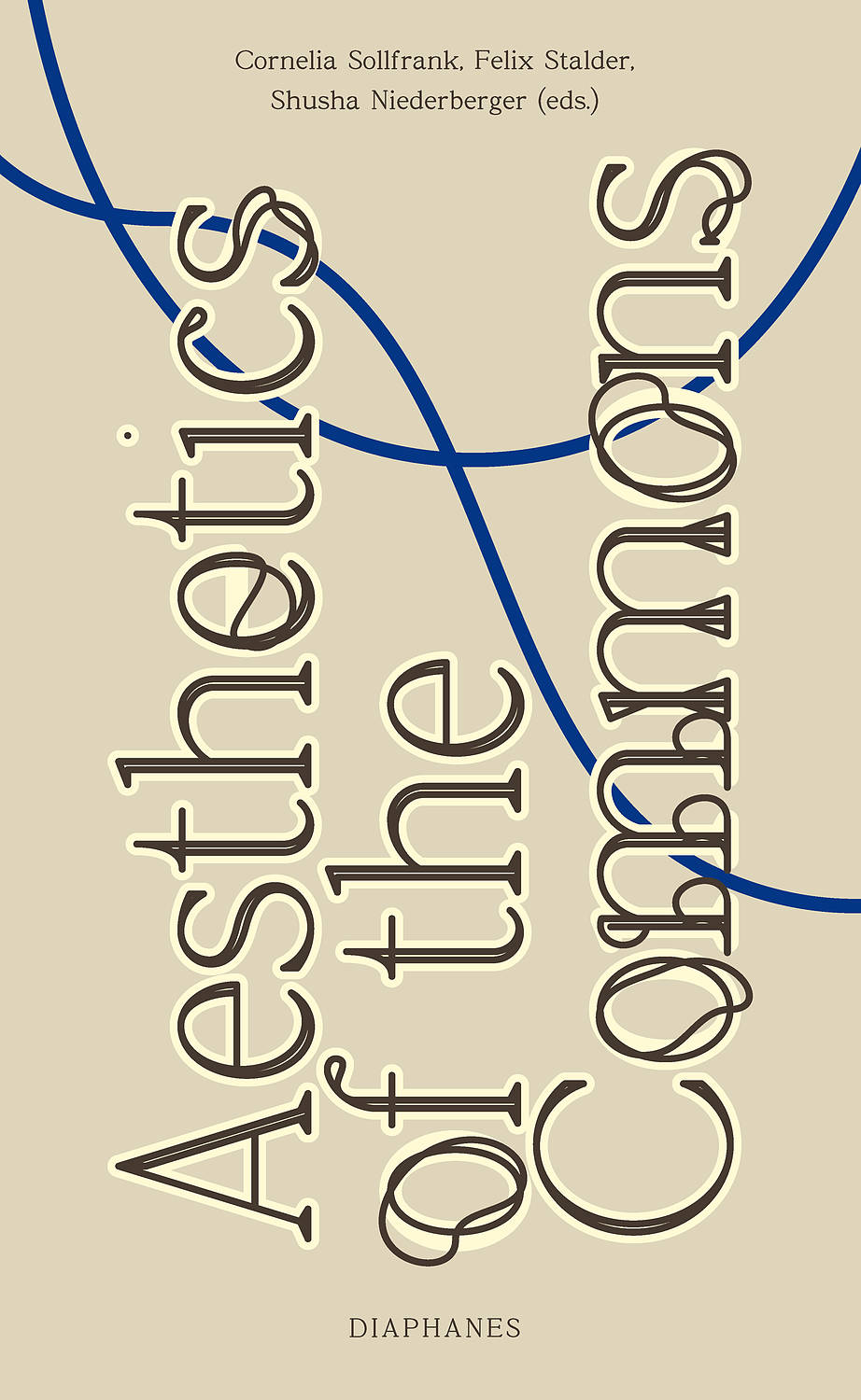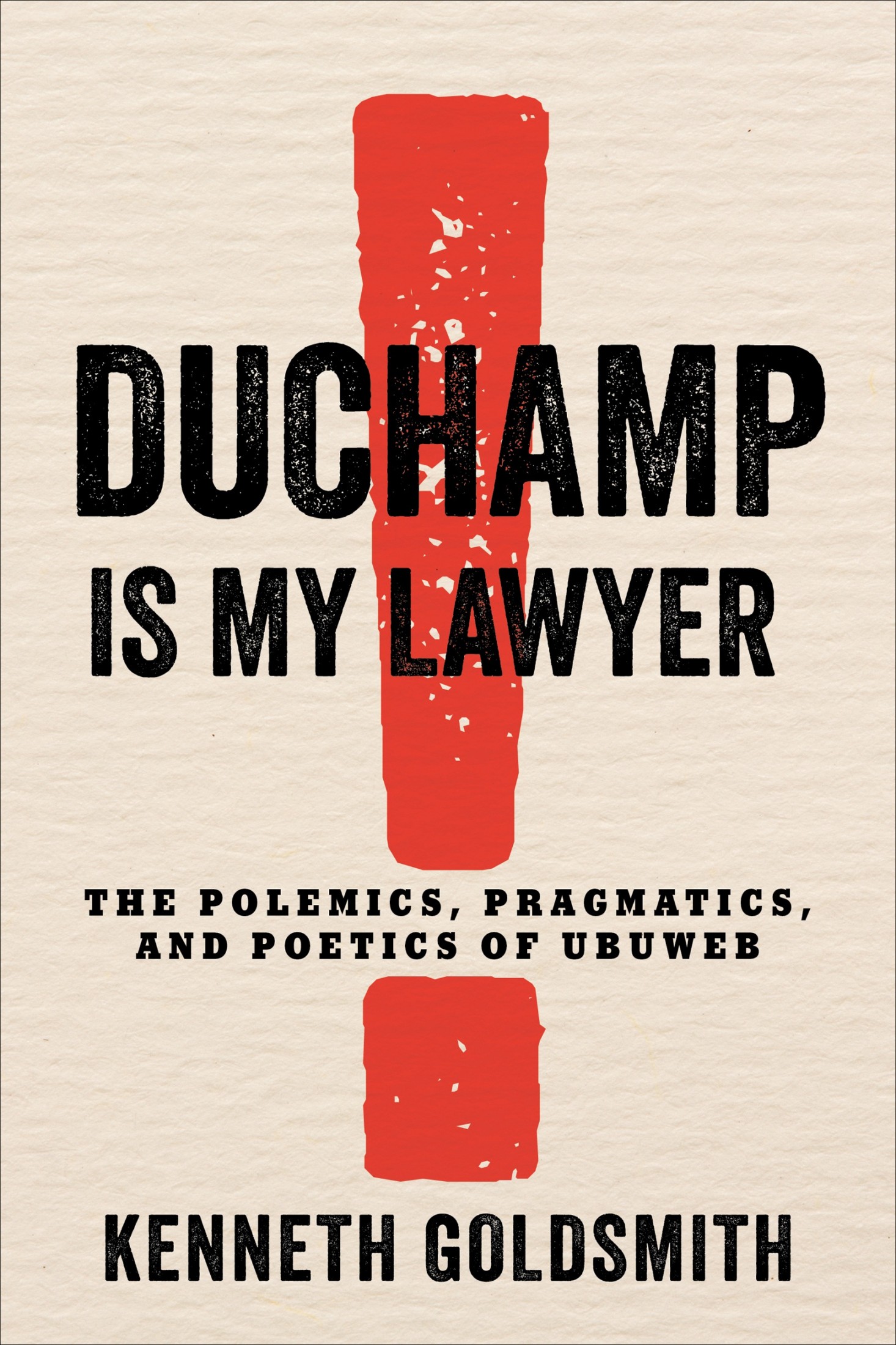Cornelia Sollfrank, Felix Stalder, Shusha Niederberger (eds.): Aesthetics of the Commons (2021)
Filed under book | Tags: · aesthetics, affect, archive, art, care, commons, digital culture, infrastructure, knowledge, library, piracy, shadow library, theory

“What do a feminist server, an art space located in a public park in North London, a ‘pirate’ library of high cultural value yet dubious legal status, and an art school that emphasizes collectivity have in common? They all demonstrate that art can play an important role in imagining and producing a real quite different from what is currently hegemonic; that art has the possibility to not only envision or proclaim ideas in theory, but also to realize them materially.
Aesthetics of the Commons examines a series of artistic and cultural projects—drawn from what can loosely be called the (post)digital—that take up this challenge in different ways. What unites them, however, is that they all have a ‘double character.’ They are art in the sense that they place themselves in relation to (Western) cultural and art systems, developing discursive and aesthetic positions, but, at the same time, they are ‘operational’ in that they create recursive environments and freely available resources whose uses exceed these systems. The first aspect raises questions about the kind of aesthetics that are being embodied, the second creates a relation to the larger concept of the ‘commons.’ In Aesthetics of the Commons, the commons are understood not as a fixed set of principles that need to be adhered to in order to fit a definition, but instead as a ‘thinking tool’—in other words, the book’s interest lies in what can be made visible by applying the framework of the commons as a heuristic device.”
Contributors: Olga Goriunova, Jeremy Gilbert, Judith Siegmund, Daphne Dragona, Magdalena Tyzlik-Carver, Gary Hall, Ines Kleesattel, Sophie Toupin, Rahel Puffert and Christoph Brunner.
Publisher diaphanes, Zürich, January 2021
Creative Commons BY-NC-ND 4.0 License
ISBN 9783035803914
275 pages
Reviews: Gerald Raunig (transversal, 2021, DE), Jaime Groetsema (ARLIS/NA, 2021), Agnieszka Wodzińska (Network Cultures blog, 2021), Alessandro Ludovico (Neural, 2021).
Project website
Book launch
Publisher
WorldCat
See also Open Scores: How to Program the Commons (2020).
Comment (0)Kenneth Goldsmith: Duchamp Is My Lawyer: The Polemics, Pragmatics, and Poetics of UbuWeb (2020)
Filed under book | Tags: · abstraction, algorithm, appropriation, avant-garde, collage, conceptual writing, concrete poetry, copyright, digital library, digitisation, language, modernism, noise, piracy, shadow library, sound poetry, ubuweb, video art, visual poetry

“In 1996, during the relatively early days of the web, Kenneth Goldsmith created UbuWeb to post hard-to-find works of concrete poetry. What started out as a site to share works from a relatively obscure literary movement grew into an essential archive of twentieth- and twenty-first-century avant-garde and experimental literature, film, and music. Visitors around the world now have access to both obscure and canonical works, from artists such as Kara Walker, Yoko Ono, Pauline Oliveros, Samuel Beckett, Marcel Duchamp, Cecil Taylor, Glenn Ligon, William Burroughs, and Jean-Luc Godard.
In Duchamp Is My Lawyer, Goldsmith tells the history of UbuWeb, explaining the motivations behind its creation and how artistic works are archived, consumed, and distributed online. Based on his own experiences and interviews with a variety of experts, Goldsmith describes how the site navigates issues of copyright and the ways that UbuWeb challenges familiar configurations and histories of the avant-garde. The book also portrays the growth of other “shadow libraries” and includes a section on the artists whose works reflect the aims, aesthetics, and ethos of UbuWeb. Goldsmith concludes by contrasting UbuWeb’s commitment to the free-culture movement and giving access to a wide range of artistic works with today’s gatekeepers of algorithmic culture, such as Netflix, Amazon, and Spotify.”
Publisher Columbia University Press, New York, 2020
ISBN 9780231186940, 0231186940
x+318 pages
Reviews: Raphael Rubinstein (Art in America, 2020), Jan Baetens (Leonardo, 2020), Mark Athitakis (On the Seawall, 2020), Nick Soulsby (PopMatters, 2020), Alexander Adams (2020), Tomáš Hudák (3/4, 2020, SK), Cécile Marie-Castanet (Critique d’art, 2020, FR), Georg Fischer (iRights.info, 2020, DE), Gill Partington (London Review of Books, 2021), Daniel Morris (Williams Review, 2021), Andrew S. Taylor (American Book Review, 2022), Roi Tartakovsky (Common Knowledge, 2023).
HTML (added on 2020-6-23)
EPUB (11 MB, updated on 2020-6-24)
Ravi Sundaram: Pirate Modernity: Delhi’s Media Urbanism (2009)
Filed under book | Tags: · city, delhi, globalisation, infrastructure, mass media, modernism, modernity, piracy, postcolonialism, urban planning, urban studies, urbanism

“Using Delhi’s contemporary history as a site for reflection, Pirate Modernity moves from a detailed discussion of the technocratic design of the city by US planners in the 1950s, to the massive expansions after 1977, culminating in the urban crisis of the 1990s.
As a practice, pirate modernity is an illicit form of urban globalization. Poorer urban populations increasingly inhabit non-legal spheres: unauthorized neighborhoods, squatter camps and bypass legal technological infrastructures (media, electricity). This pirate culture produces a significant enabling resource for subaltern populations unable to enter the legal city. Equally, this is an unstable world, bringing subaltern populations into the harsh glare of permanent technological visibility, and attacks by urban elites, courts and visceral media industries. The book examines contemporary Delhi from some of these sites: the unmaking of the citys modernist planning design, new technological urban networks that bypass states and corporations, and the tragic experience of the road accident terrifyingly enhanced by technological culture. Pirate Modernity moves between past and present, along with debates in Asia, Africa and Latin America on urbanism, media culture, and everyday life.
This pioneering book suggests cities have to be revisited afresh after proliferating media culture. Pirate Modernity boldly draws from urban and cultural theory to open a new agenda for a world after media urbanism.”
Publisher Routledge, Oxford & New York, 2009
Asia’s Transformations series
ISBN 9780415409667, 0415409667
xix+224 pages
HT Geraldine
Reviews: Diya Mehra (SAMAJ, 2011), Fei An Tjan (Masters of Media, 2010).
PDF (10 MB)
Comment (0)
